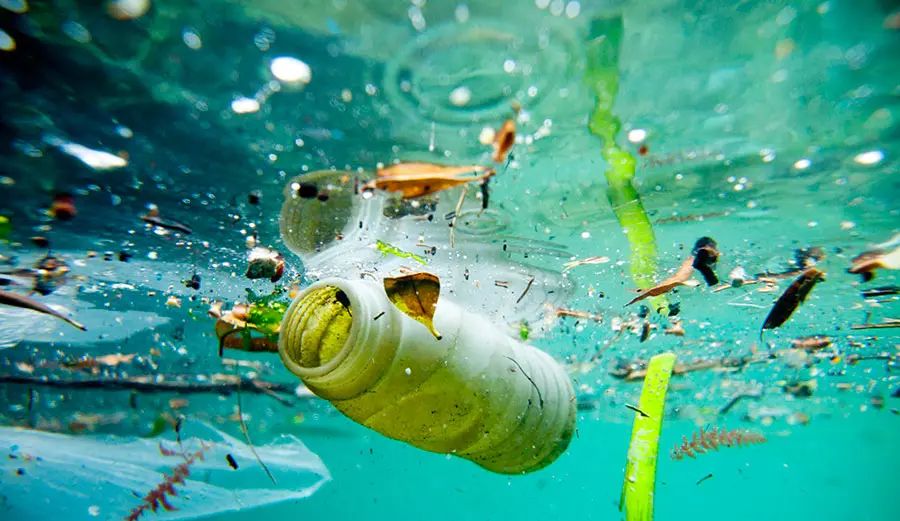- Environmental challenges have been increasing in the modern era due to population growth, industrial development, and excessive consumption of natural resources. The growing volume of waste has made it crucial to find effective solutions for addressing this problem. Among the most prominent sustainable solutions that allow us to manage waste and reduce its environmental impact, recycling stands out as a powerful tool that contributes to environmental preservation, reduces pollution, and minimizes the use of raw materials. The benefits of recycling extend beyond the environmental aspect to include significant economic opportunities, as this sector is one of the fastest-growing areas contributing to job creation and economic growth.
What is Recycling?
Recycling is the process of converting used materials or waste into new, usable materials. This process involves collecting and sorting recyclable materials such as plastic, paper, metals, glass, and organic materials like food scraps. The main goal of recycling is to reduce the need to extract raw materials from nature, thus contributing to environmental protection and the conservation of natural resources.Recycling and Its Environmental Impact
Among the most notable environmental benefits of recycling is pollution reduction. Plastic waste, for example, is one of the biggest pollution issues threatening our environment, as it takes hundreds of years to decompose. However, by recycling plastic, the need for new plastic can be reduced, thus helping reduce environmental pollution.
Recycling also contributes to reducing greenhouse gas emissions, as the process of remanufacturing materials means less need to extract raw materials, which in turn reduces energy consumption and emissions caused by mining metals, cutting down trees, or extracting oil. For example, using recycled paper reduces deforestation and carbon dioxide emissions.
Additionally, recycling helps reduce the amount of waste sent to landfills, thus preserving natural lands and reducing soil and water pollution.Recycling: The New Economic Engine
Recycling is not only an environmental solution, but it is also an economic driver that provides many economic opportunities. The impact of recycling on the economy can be broken down into several aspects:- Job Creation: One of the main benefits of recycling is its ability to create new job opportunities in various fields, ranging from collecting recyclable materials, sorting them, to processing and transforming them into new products. This contributes to reducing unemployment and boosting economic productivity.
- Supporting Local Industries: Some industries have begun relying on recycled materials for manufacturing their products, such as the plastics and metals industries. This helps reduce dependency on imported raw materials, thereby supporting the local economy.
- Encouraging Technological Innovation: With the growing demand for recycled materials, recycling technologies have been continuously evolving. This includes using technologies such as smart robots to improve sorting efficiency and new methods for processing plastic more effectively. These innovations help improve productivity and reduce costs.
- Reducing Economic Costs: In the long run, recycling saves countries and companies the costs associated with extracting natural resources. For example, the cost of extracting raw metals is far higher than the cost of recycling the same metals from waste.
Challenges Facing Recycling
Despite the many benefits of recycling, there are several challenges that this process faces:- Lack of Environmental Awareness: In many regions, there is still a lack of awareness regarding the importance of recycling and how to properly sort waste. This leads to fewer recyclable materials, which hinders the effectiveness of the process.
- Limited Infrastructure: In some countries, the recycling infrastructure is not efficient, as there are not enough facilities to process recyclable materials, or the process of collecting materials is inefficient.
- High Costs: In some cases, the cost of recycling can be higher than the cost of traditional waste disposal. Although this may be economically beneficial in the long term, companies and governments may find it challenging to finance these processes initially.
How Can These Challenges Be Overcome?
To ensure the success of recycling, several steps can be taken:- Increasing Awareness and Environmental Education: Governments and non-governmental organizations should provide awareness programs to increase understanding of the importance of recycling. Awareness campaigns can be conducted in schools and local communities, and incentives can be offered to citizens who participate in recycling programs.
- Improving Infrastructure: It is essential to improve the recycling infrastructure, such as creating more sorting and processing centers. Modern tools and technologies should also be provided to enhance the efficiency of the process.
- Encouraging the Private Sector: Companies should be encouraged to invest in sustainable technologies, such as using recycled materials to manufacture new products. Tax incentives can be provided to companies involved in the recycling process.
Conclusion
Recycling is not only a process for improving the environment, but it is also a significant economic opportunity. By promoting environmental awareness, improving infrastructure, and investing in technological innovation, recycling can contribute to sustainable economic growth while preserving the environment for future generations. If these solutions are implemented effectively, recycling will become one of the key factors in achieving sustainability and improving quality of life worldwide.




